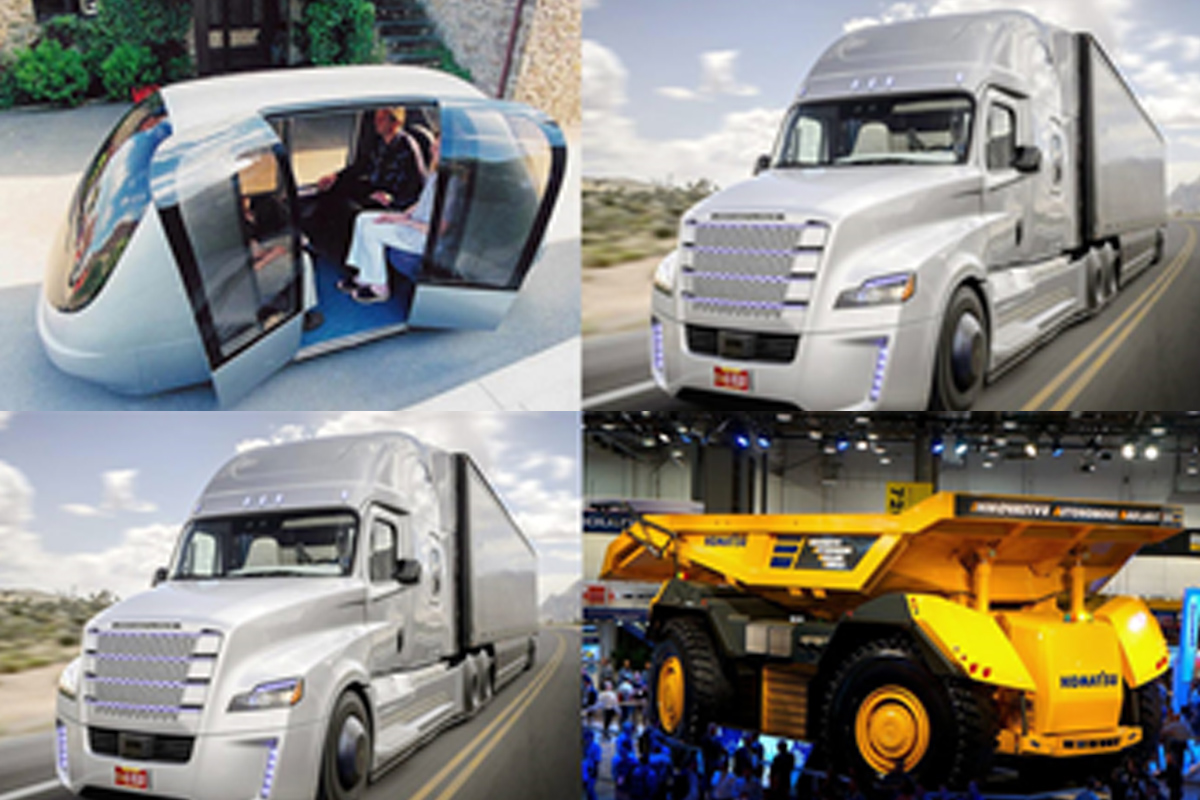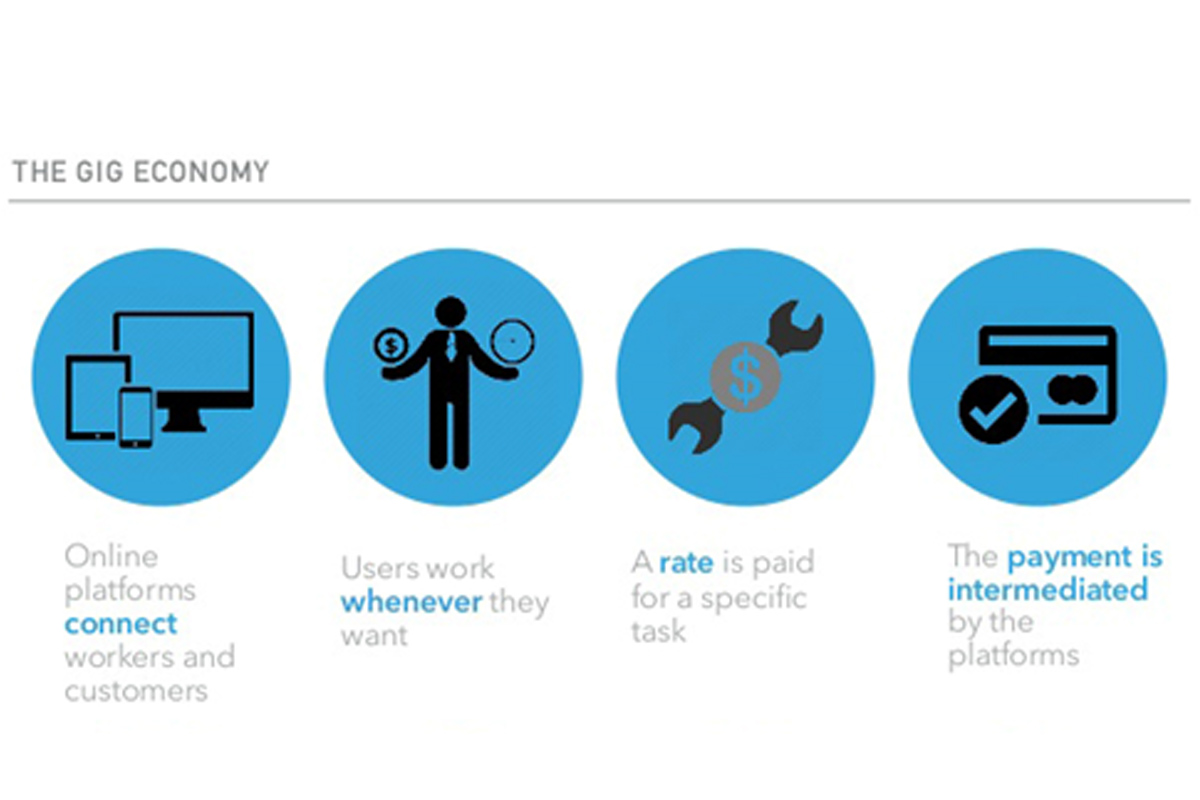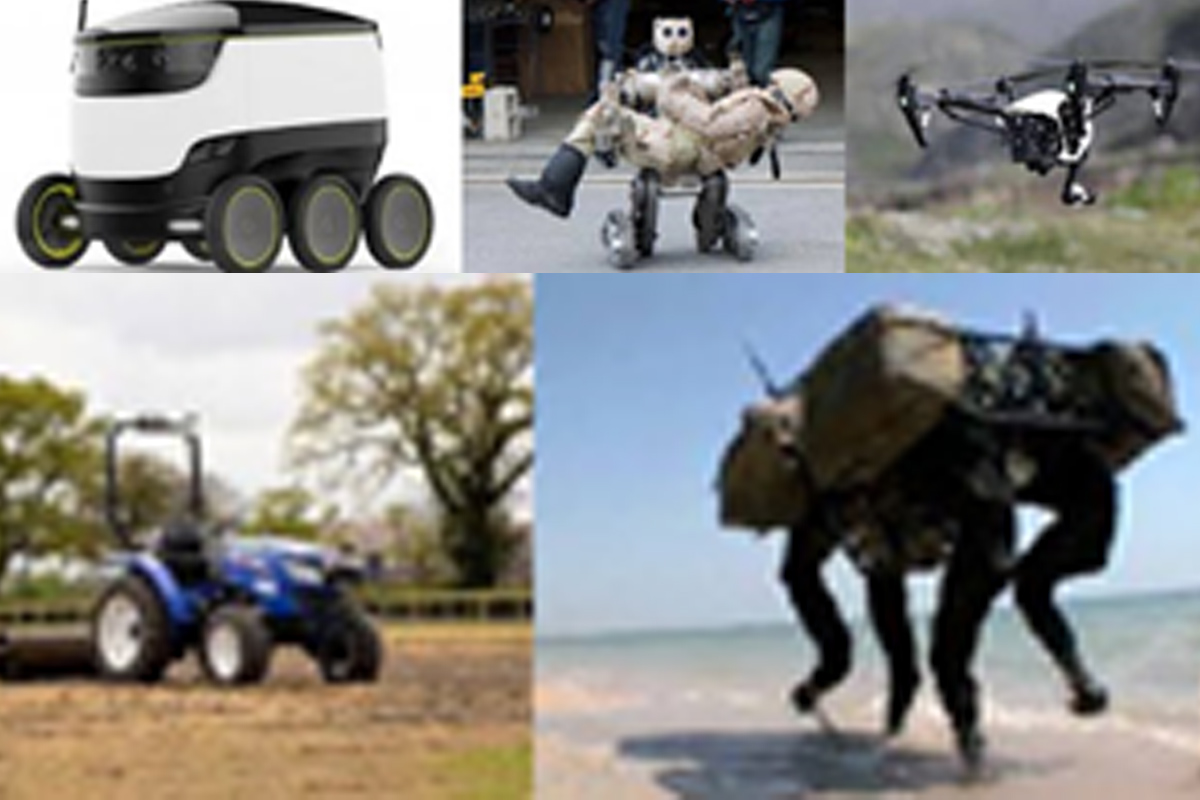We’re now standing at the cliff edge of the much-talked about fourth industrial age. Now more than ever, we need to know what’s coming down the pipeline – after all, forewarned is forearmed.
The problem is, some of our members tell us they’re confused about which emerging technologies to investigate further. So how do we overcome this?
Just as the internet has been an equalising and globalising force for education, entertainment, communications and business, so too can Industry 4.0. It represents a fresh chance to catch up with our competitors and deliver transformational growth in productivity. Around the world – we’re already starting to see this come to fruition.



Robots will revolutionise the workplace
In New Zealand 40% of our jobs won’t exist in 40 years. The advent of artificial intelligence, business bots, autonomous robots and other technology advances replacing them at an ever-increasing pace.
In the transport and petroleum industries we’re seeing autonomous and electric vehicles become more common, with mining companies now using driverless trucks. For the bottom line this translates to savings in salaries, training, insurance, medical and liability costs. In fact, in the next five years driverless cars, buses and trucks are lined up for mass deployment worldwide.
One of the next waves earmarked is soft robotics – a disruption not limited to traditional blue-collar jobs. Leading global law firm Herbert Smith Freehills in Australia creating a global Alternative Legal Services (ALT) business. The first of its kind to be opened and operated to combine legal expertise and technology solutions for high-volume work efficiencies. Last year processing a staggering 63 million documents and reviewing over three million documents and 5,000 property leases.
For our industry, the same model could also apply to estimators, CNC operators, contract and tender evaluators, inspectors or similar.
Bricks and mortar will survive – but only some!
Brick and mortar businesses offering products without context or expertise will find it difficult to compete. Particularly those without a fully formed online presence. Those likely to succeed will have a ‘phygital’ presence – where the physical meets the digital. Enabling them to provide fast, easy and personalised experiences.
Going forward, your clients will expect a complete end-to-end solution. To address this, think about how your customers engage with you – especially the younger generations. One thing for certain is you’ll need to invest in your digital presence, as well as review whether you have a good spread of tools and processes for capturing and responding to enquires. Take time to also assess your website navigation and ease of ordering online as well as your social media marketing strategies to reach future target audiences.
An on-demand workforce will create the ‘gig’ economy
The stereotypical image of a staff member wasting time filing their nails or surfing the net rather than working, is an answer to why many people are outsourcing their work and creation of the ‘gig’ economy.
On-demand Personal Assistant Monique Eddy saying “Why pay people when they’re not actually working? My clients pay me an hourly rate for specific tasks. They love it because they only pay for what they get, and they get high-quality work without any of the staffing or contractual issues.”
Today, freelancers can select from a range of temporary projects or jobs – and employers can hire the best individuals from a large pool of workers for specific tasks. Think Uber or Air BnB.
Imagine how this model can morph your own organization – by transitioning your 1000 full time staff down to 100 with an ‘on-call’ workforce of 5,000 (many of whom will be part of the gig economy, or working for other organisations). This type of fluid workforce could cause conflicts of interest or IP protection – but also be very effective for bringing much-needed experience and flexibility to your business.
Drone usage will expand dramatically
Get used to seeing the skies filled with connected drones that can scan vast distances to collect data. Defence forces have used them in combat zones for years, and Australia Post, Domino’s Pizza and Amazon have been testing extensively to see how they could be used to deliver parcels.
Last November, Dr Jan Polzer presented to our members on several examples of drone use in an Industry 4.0 context in the European steel industry. They’re low-cost and increasingly the safe option for many activities – allowing us to see angles not previously seen for inspecting work. Drones will be a game changer for many.
Key takeaways
At HERA, we believe this revolution, when it hits our shores, has the potential to radically improve efficiency levels, quality, safety and environmental impacts. It could be the answer to achieving a level playing field in the face of competitively-priced imports.
Moving forward, we’d like to share four key takeaways to help our members prepare for Industry 4.0 trends and disruptions most likely to impact on our industry. So start equipping yourselves adequately to catch the next wave –
- Be prepared. Change is coming. There’s no going back so embrace change as the new norm and move forward. This is Industry 4.0 or the fourth industrial revolution.
- Keep abreast of the trends. It’s easy to do. Just Google – “Trends in [insert your industry name here] industry” – and see what thought leaders in this space are saying. Take it one step further by commenting or following them on social platforms to stay connected with their latest shared expertise. It’s a quick, easy and valuable so try it out!
- Get comfortable using technology. If technology intimidates you, upskill so that it doesn’t. Libraries and councils offer great, cost-effective short courses on a range of tech topics. Even better, if you have a child around the house ask them to show you! You’ll quickly discover why Gen Z are poised to take over the world!
- Connect with experts. At HERA, we’re committed to facilitating events that bring thought leaders to you. Our session at the 2017 Metals Industry Conference in Christchurch the beginning of what we have planned to spread awareness of these trends.
Our teams are also seeking key direction for delivery of value to our members where the newly created Business Research Panels are exploring pathways our members can undertake to help engage with new trends and technologies.
You can also take advantage of your membership benefits to access expert consultation as well as external platforms like LinkedIn to connect with professional networks and expertise.
What now?
The greatest message we want to leave you with is to be prepared for change. Our industry simply can’t afford to ignore the many technology disruptions that are coming our way if we’re to remain competitive.
Give yourself the edge by exploring new technologies that improve your business.
In support of this, we’re looking to host an innovation seminar later in the year through our Industry Development team. We’d be interested to hear what Industry 4.0 challenges you’d like to understand more about to inform our program and key speakers.
If you have something specific in mind, get in touch with our General Manager Industry Development Dr Boaz Habib [link to profile]
